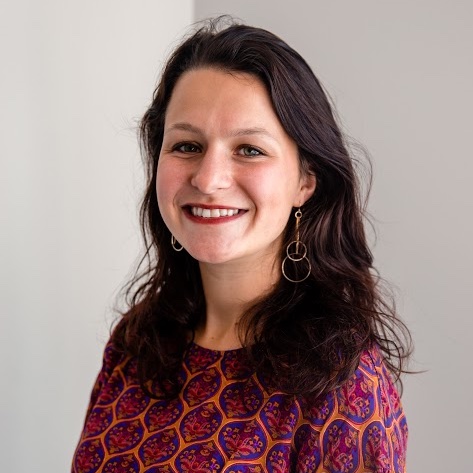Students: your university’s police department might be watching you.
That was the finding of a recently published joint investigation by The Dallas Morning News and the Investigative Reporting Program at UC Berkeley’s Graduate School of Journalism.
Through three years of reporting and reading at least 56,000 pages of documents, journalists found that colleges and universities across the country are using an AI tool called Social Sentinel to surveil students. (In 2020, an Ohio-based company acquired Social Sentinel. This year, the company renamed the AI tool Navigate360 Direct.)
It’s not just for reasons of public safety and mental health: colleges also used Social Sentinel to monitor protests. They might be reading your Facebook messages and student emails, too.
Documents revealed that at least 37 colleges have paid to use this AI tool — but the company’s co-founder said it has been used by “hundreds of colleges and universities in 36 states.”
Arizona State University, which houses the Reynolds Center, paid more than $45,000 annually for four years to surveil its own students, student reporters found via an open records request.
Where the story idea came from
Ari Sen of The Dallas Morning News, the lead investigative journalist on the story, said he stumbled across Social Sentinel while he was reporting on protests over a Confederate statue at the University of North Carolina at Chapel Hill while he was an undergraduate there. On a hunt for more information, he requested the university’s public records log, searching for anything related to the protests.
He got thousands of pages.
While parsing through the documents, Sen found a contract for Social Sentinel. He Googled it, and learned it was a social-media monitoring tool.
“I was thinking ‘if UNC is using this, for surveilling protests then you know, I bet a bunch of other colleges are too.’ So that got me started in this whole investigation,” Sen told The Reynolds Center.
Takeaways for business reporters
Use advanced search engine operators
Open records requests and interviews aren’t the only way to obtain information about business contracts.
Sen said he found contracts and other documents online by using advanced operators on search engines.
Here are some advanced operators that reporters can use on Google:
- To search within a website, use site: [insertwebsitename.com]
- To find documents on the internet containing certain words, use “keyword” filetype:pdf. You can search for other file types too, including Powerpoints (.ppt), Microsoft documents (.doc) and Excel spreadsheets (.xls, .xlsx).
Here’s a tutorial from the Knight Center on advanced Google searches, and here’s a master tipsheet with a list of useful operators.
Negotiate for public records
Most of the documents for this investigation came from public records requests.
Contracts between businesses and public colleges are fair game, as publicly funded institutions are subject to open records laws.
Obtaining public documents can come with some challenges. If the scope of the request is too broad, government agencies may ask for exorbitant amounts of money for processing fees or labor.
Don’t give up though: instead, call the secretary in charge of records. Explain what you’re looking for, and ask if you can get what you need with a narrower request.
FOIA your own college, if you can
There are 1,625 public four-year and two-year colleges in the US, according to the National Center for Education Statistics.
Reporters at The Dallas Morning News and the Investigative Reporting Program at UC Berkeley’s Graduate School of Journalism didn’t FOIA all of them.
Several student newspapers across the country have already reported their school’s use of Social Sentinel:
- The State Press at Arizona State University
- The Daily Tar Heel at the University of North Carolina-Chapel Hill
- The East Carolinian at East Carolina University
- The Commonwealth Times at Virginia Commonwealth University
- The Daily Bruin at the University of California-Los Angeles
- North Texas Daily at the University of North Texas










